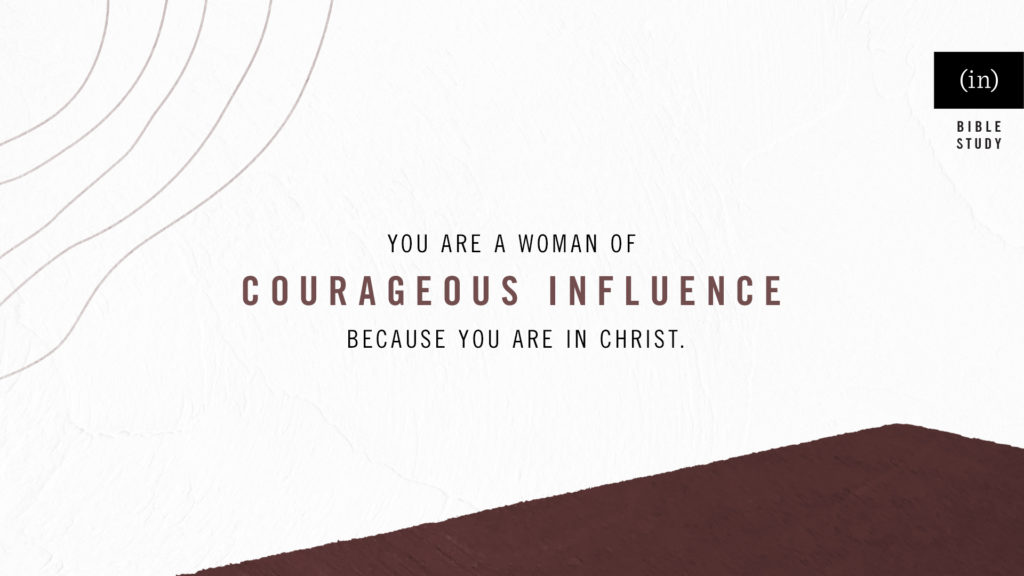I can picture the paragraph in my seventh grade year book. The message from my friend made a rounded square, and the letters themselves were bubbly, expressive, and crowded together like a group of junior high schoolers. After the expected, “I hope you have a great summer,” she wrote, “I knew you were cool the day you told so-and-so to shut up.”
I read it over and over again, feeling smug over being described as cool and regretful as I remembered the cost of my quick words. Later, my Dad came across the yearbook, still open to the same back page of notes and signatures and asked me about it. Was someone bothering you? Why did you tell them to shut up?
He kept asking the same questions over and over again. I knew he was having trouble imagining his usually quiet daughter, who had cried over things like wilted flowers and city strangers with sad expressions, reacting to a friend that way. I lifted my shoulders at his incessant belief in the best of me and said I didn’t really remember. It was nothing. He knew better, and his tender gaze told me he could see farther than I could.
It would be easy to shrug this little incident off to the dark hole of junior high school years, but the thing is, I still remember it. Snippets of that memory after all this time stay sticky: my friend’s face after the words came out of my mouth, the way she halted her speech in the middle of a word, the other girls laughing and high-fiving me with their eyes, the feeling I had of earning attention and doing something unexpected, and wondering if I had traded in my relationship for fleeting admiration and a few feel-good lines in a seventh grade yearbook to come.
Even at that age, I felt it down deep. It wasn’t just my harsh words or the way I felt free to judge that my words were deserved and well-timed. It was the way I tried to move myself into a place of power and remove myself from being the sensitive girl I always had been.
Early on, many of us learn that sensitivity is something like an illness. We want to treat it. My mom was always worried that I would be hurt in the same ways she was, and now as a mom, I sometimes find myself acting and reacting to my kids with the same fear. Instead of sharing our own stories of hurt to come alongside one another and say, “Me too,” many of us try to shield ourselves or those we care about by attempting to stamp sensitivity into sensibility and tenderness into toughness. And ironically, with our shields held up high, this response is killing all of us from the inside.
The prophet Isaiah’s description of Jesus in Isaiah 53 simultaneously sobers me and gives me hope. I need to read it again and again. Isaiah described Jesus as a tender shoot surrounded by hard ground and so unattractive that people would look away from him.
He grew up before him like a tender shoot,
and like a root out of dry ground.
He had no beauty or majesty to attract us to him,
nothing in his appearance that we should desire him.
Isaiah 53:2 (NIV)
While I couldn’t have always articulated it, what I’ve always needed most is a place where the One that was worshipped could look like Isaiah’s prophetic description and be the One we all bowed down to. What I’ve always needed to know is that there’s a place for someone who comes in last, for the ones who are passed over, for the one who is still struggling, for the girl who was mean in an attempt to stamp out the softness and prove herself strong.
Some mornings, I still resort to looking for strength in shallow places like my coffee cup. For a moment, I go back to thinking I need to toughen myself up, make a list, and push myself into hustling.
But these days, the good reminders come quickly. I see my imperfections persisting after the coffee is gone — the very things that tempt to hide in the school lunchroom of my soul but find Jesus standing there, arms wide, reminding me that weakness is the place where we are all made strong.
I find Him in the mess of our family relationships that I don’t have the right answers to and in the ugly parts of my heart that still exist no matter how many days this week I’ve silently checked quiet times off my list. I find Him at the well of my need when I try to go it alone again and try to hide the soft places inside, tenderly reminding me that sensitivity isn’t an illness; it’s a superpower. I find Him in the person I least expect, noticing my wounds: my junior high school friend who later told me she had already forgiven me while her crinkled brown lunch bag still sat open and unfinished on her lap. I find Him like my Dad, asking me why I said what I said, reaching down deep, persistent and kind, trying to get under the surface of my meanness, telling me that I am seen fully right in the midst of it and still met with love.


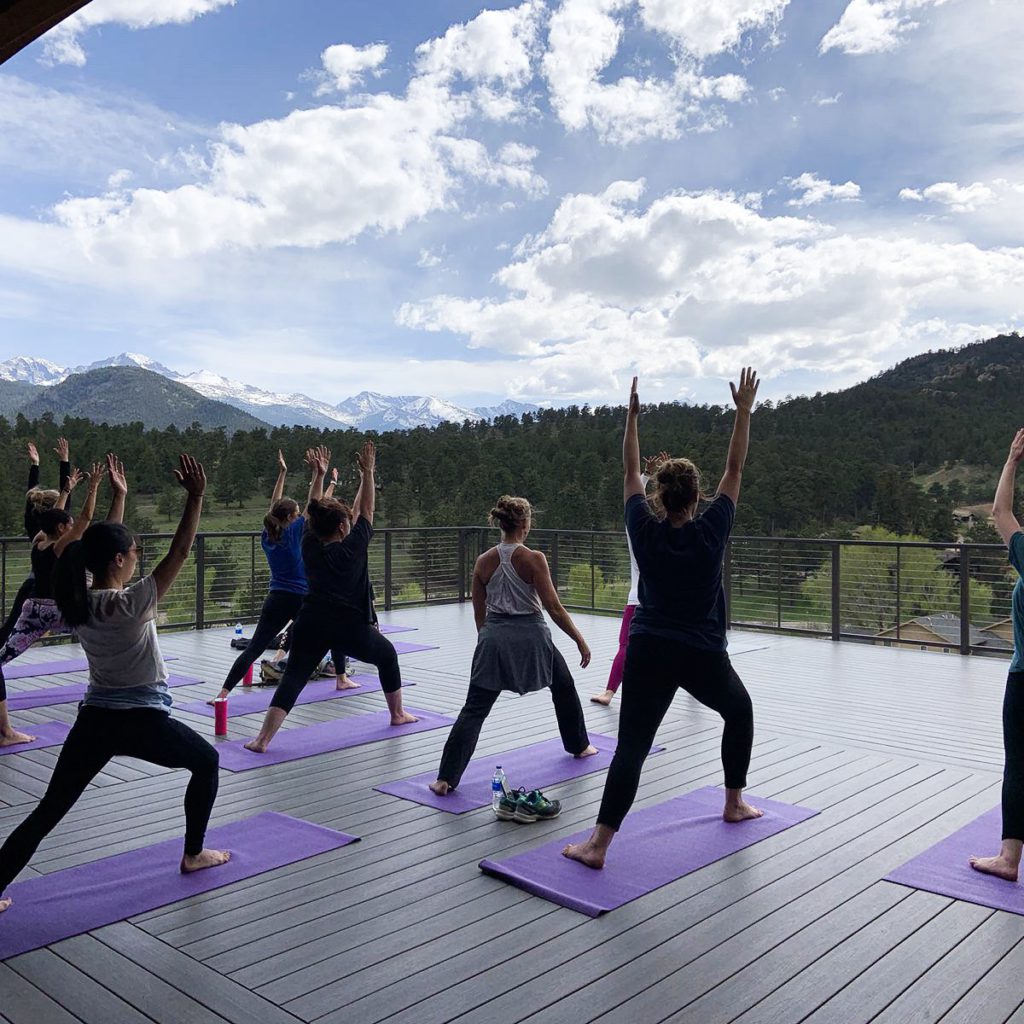 I reflected on how each woman had enriched our collective time in a particular way. Each uniquely gifted and anointed. Do they know how amazing they are?
I reflected on how each woman had enriched our collective time in a particular way. Each uniquely gifted and anointed. Do they know how amazing they are?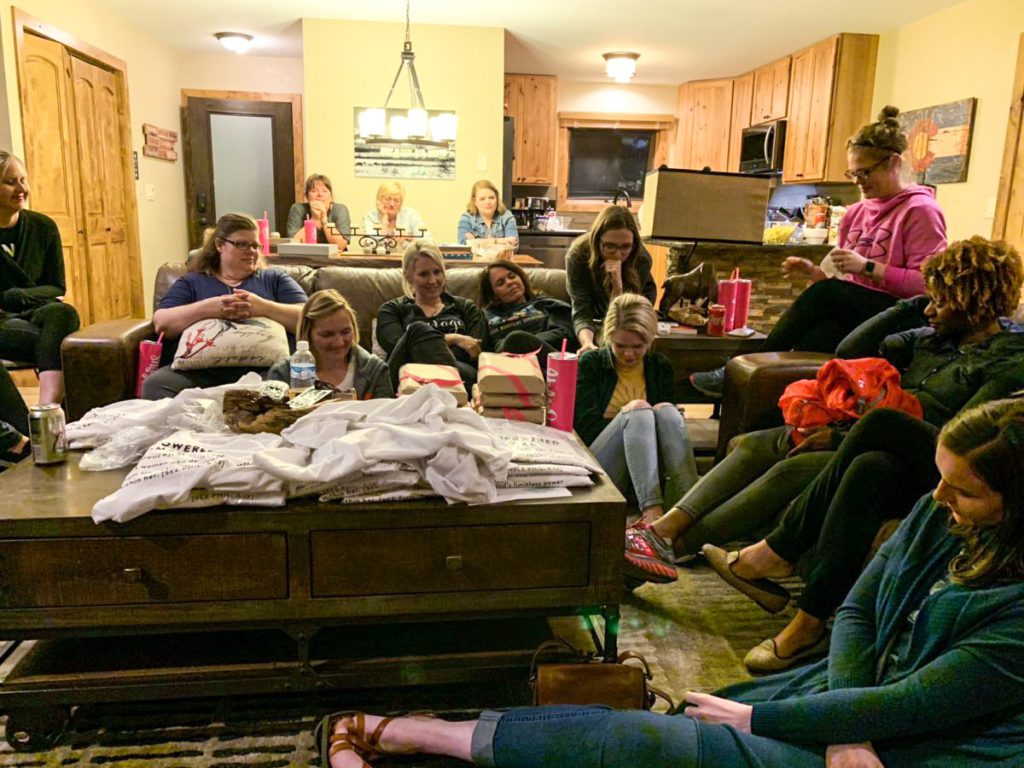
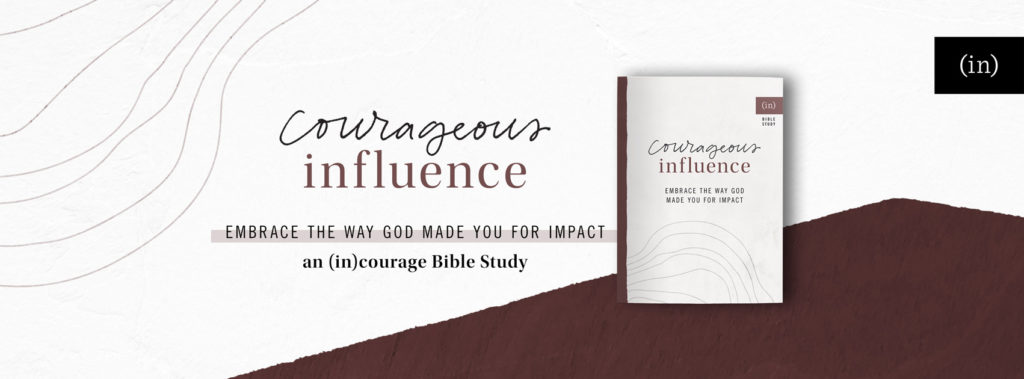
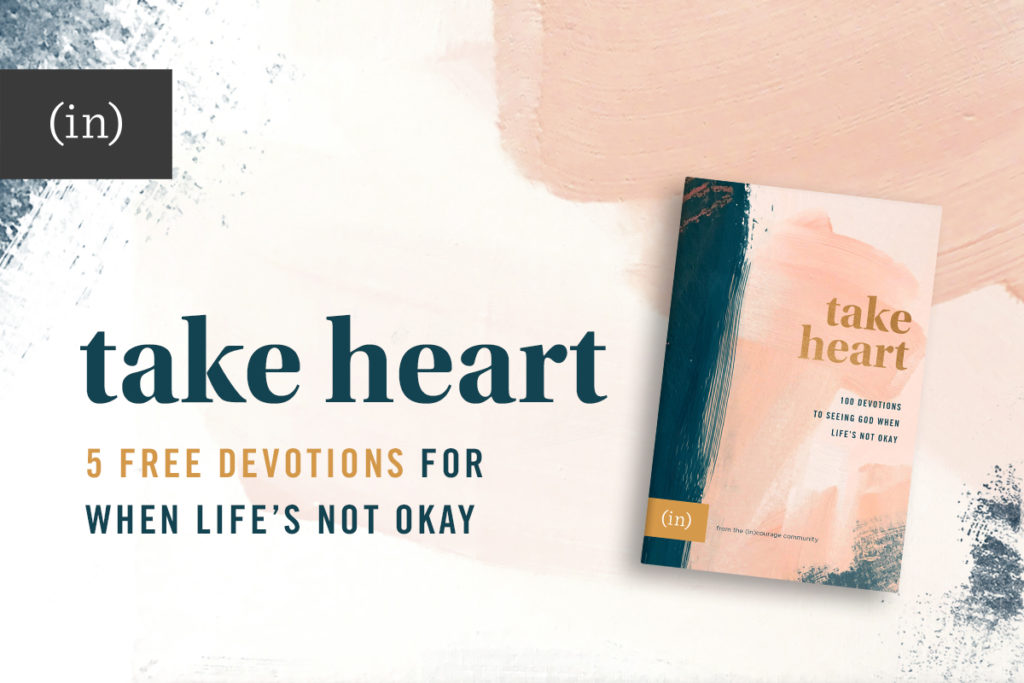 This devotion was written by Holley Gerth and appears in our devotional
This devotion was written by Holley Gerth and appears in our devotional 